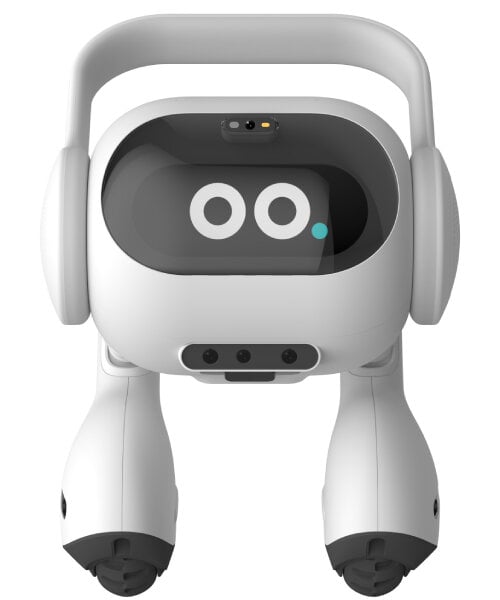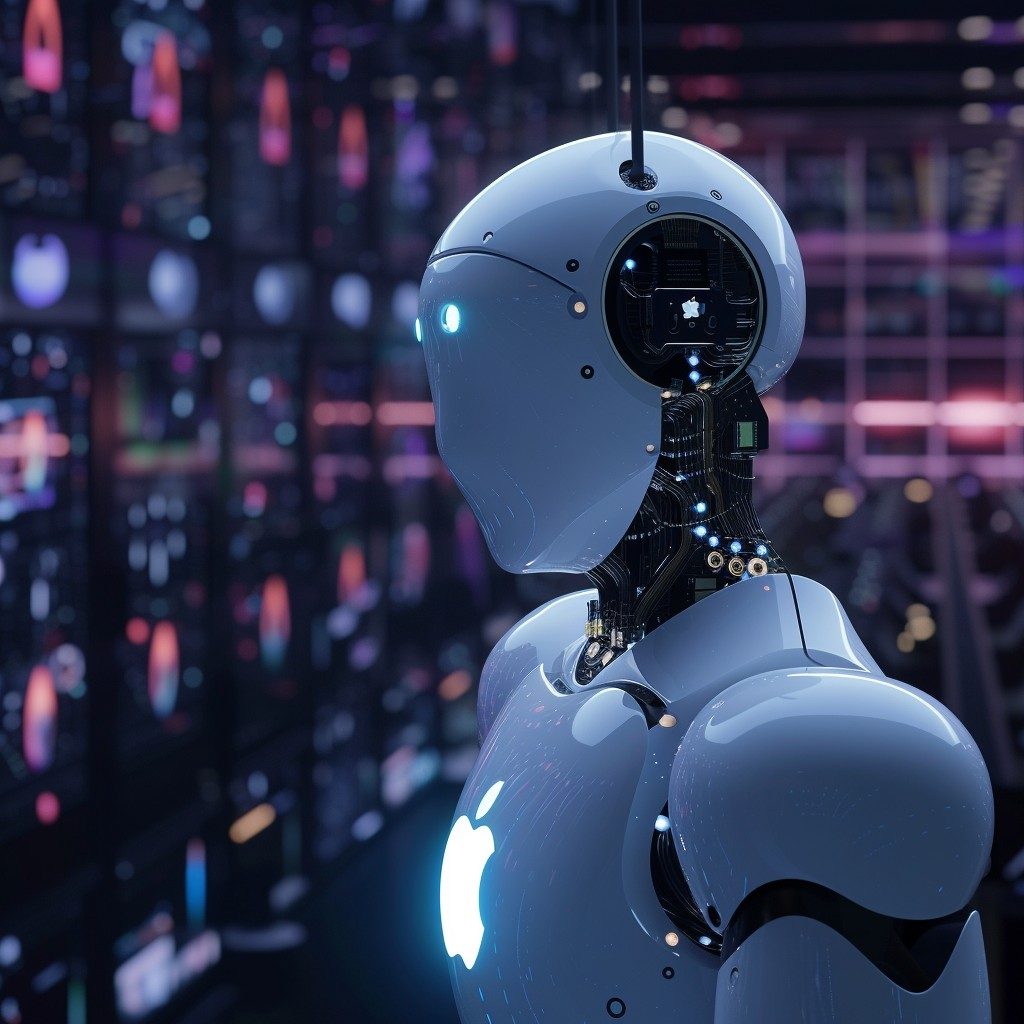The Consumer Electronics Show (CES) 2024, set to kick off from January 9 to 12 at the Las Vegas Convention Center, promises to be a grand spectacle showcasing the latest tech trends.
This year, the spotlight will shine brightly on Artificial Intelligence (AI) and its integration into various consumer products. CES 2024 aims to glimpse how AI transforms everyday gadgets, home automation, smart health, and more.
Charles Cheevers, CTO of home networks at CommScope, anticipates that CES 2024 will build upon the tech direction set in 2023, emphasizing AI applied across the board. The focus is on making devices and solutions more user-friendly, proactive, predictable, and less cumbersome, ultimately enhancing the overall user experience.
AI’s role in smart homes and privacy concerns
One significant trend to expect at CES 2024 is the increasing mainstream adoption of smart home technology, closely intertwined with AI advancements. Built-in AI capabilities in chips are on the horizon, mirroring the hardware support seen in mobile phone chips. This development promises improved performance, energy efficiency, and privacy.
Privacy is paramount, especially in light of past incidents involving smart home camera hacks. By enabling devices to operate autonomously with on-device AI processing, less data must be sent to cloud-based servers. For instance, Apple’s HomeKit cameras already employ this approach, processing recognition tasks like identifying friends and family on the device. However, transparency regarding AI functioning will be crucial to building user trust.
AI’s potential to simplify human-machine interaction
While concerns about privacy and security persist, AI has the potential to make gadgets and systems align more seamlessly with human needs and habits. Rather than expecting humans to adapt to machine logic, AI can bridge the gap by understanding and facilitating natural human-computer interactions.
Imagine instructing your car to find a specific product, and it not only locates a nearby store but also calculates the optimal route to get there. Similarly, a smart home system that respects your privacy can learn from your behavior, automatically adjusting lighting and temperature based on your preferences and schedule. While not possessing true intelligence, AI excels at solving targeted problems, making it a valuable tool for enhancing convenience without venturing into the realm of human emulation.
AI integration beyond gimmicks
While CES often showcases AI gimmicks, such as TVs featuring ChatGPT-like bots for navigation assistance, the real innovation lies in embedding Large Language Models (LLMs) like ChatGPT and DALL-E into gadgets for specialized tasks. Instead of mimicking human conversation, these AI models can offer practical solutions.
The trajectory suggests that AI will evolve from a novelty into an integral part of daily life, like the transition from “fuel injection” being a special car feature to a standard automotive component.





